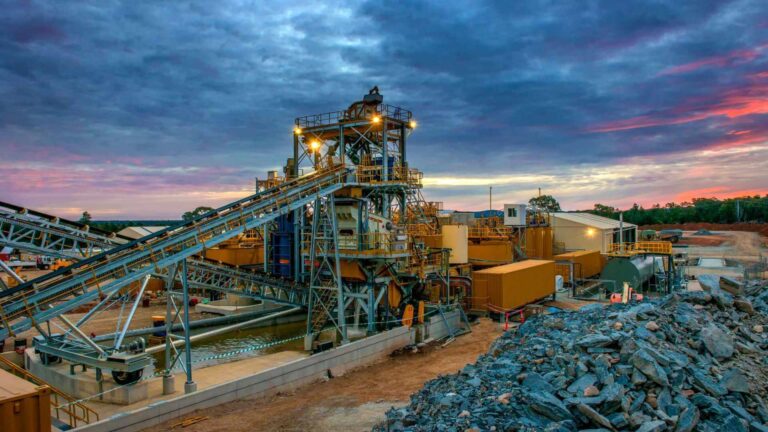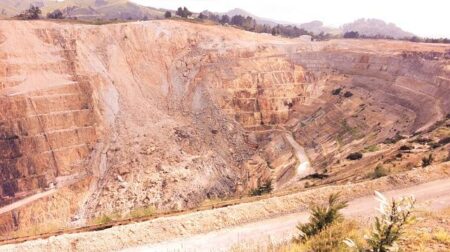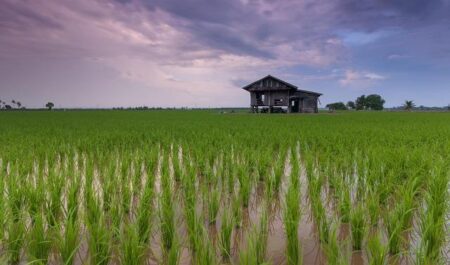Unlocking Argentina’s Economic Potential Through Natural Resource Development
Argentina is strategically harnessing its extensive natural resource wealth to stimulate economic recovery and attract foreign investment. The government has introduced a series of initiatives aimed at boosting extraction activities, with a particular focus on lithium, copper, and unconventional oil reserves. Lithium stands out as a vital asset due to its essential role in the global shift toward renewable energy technologies, especially electric vehicle batteries. By capitalizing on these mineral deposits, Argentina aims not only to increase immediate fiscal revenues but also to invigorate industrial sectors across multiple provinces.
Core components of this initiative include:
- Simplifying regulatory procedures to foster greater private sector engagement
- Upgrading transportation and export infrastructure connecting mining zones with ports
- Adopting environmentally responsible extraction methods
- Encouraging collaboration between indigenous communities and multinational enterprises
| Resource | Estimated Reserves | Main Export Destinations | Forecasted Growth Rate for 2024 (%) |
|---|---|---|---|
| Lithium | Approximately 20 million tons | China, European Union, United States | 18% |
| Copper | Around 8 million tons | Chile, Brazil, Asia-Pacific markets | 12% |
| Unconventional Oil (Shale) | An estimated 3 billion barrels < td > USA , Canada < td >15% |
Environmental and Community Concerns Amid Argentina’s Resource Expansion Efforts
The accelerated growth of mining and hydrocarbon extraction in Argentina has sparked significant environmental apprehensions. Regions such as the Gran Chaco forest and Patagonia are experiencing heightened ecological stress due to deforestation, contamination of water sources, and soil erosion linked directly to intensified resource exploitation. These environmental changes threaten local biodiversity hotspots while undermining traditional ways of life for nearby populations.
The social ramifications are equally complex: although increased industrial activity promises employment opportunities and infrastructure development in rural areas, it often exacerbates tensions among stakeholders. Indigenous peoples along with small-scale farmers frequently face marginalization during land negotiations related to mining projects-raising critical issues about equitable benefit sharing.
The main challenges confronting affected communities include:
- Tensions over land ownership rights leading sometimes to forced relocations;
- Inequitable distribution of profits generated from resource extraction;
- Lax enforcement or gaps within existing environmental protection laws;
- Deterioration in social cohesion resulting from conflicting interests.
< tr >< th >Region< / th >< th >Environmental Impact< / th >< th >Social Challenges< / th >
< tr >< td >Gran Chaco< / td >< td >Significant forest loss due to clearing for mines;< / td >< td >Displacement risks faced by indigenous groups;< / td >< td >Patagonia< / td >< td >Pollution affecting freshwater ecosystems;< / td Balancing Growth With Sustainability: Expert Recommendations for Argentina’s Extraction Sector Reform
Final Thoughts on Argentina’s Resource-Driven Economic Pathway




